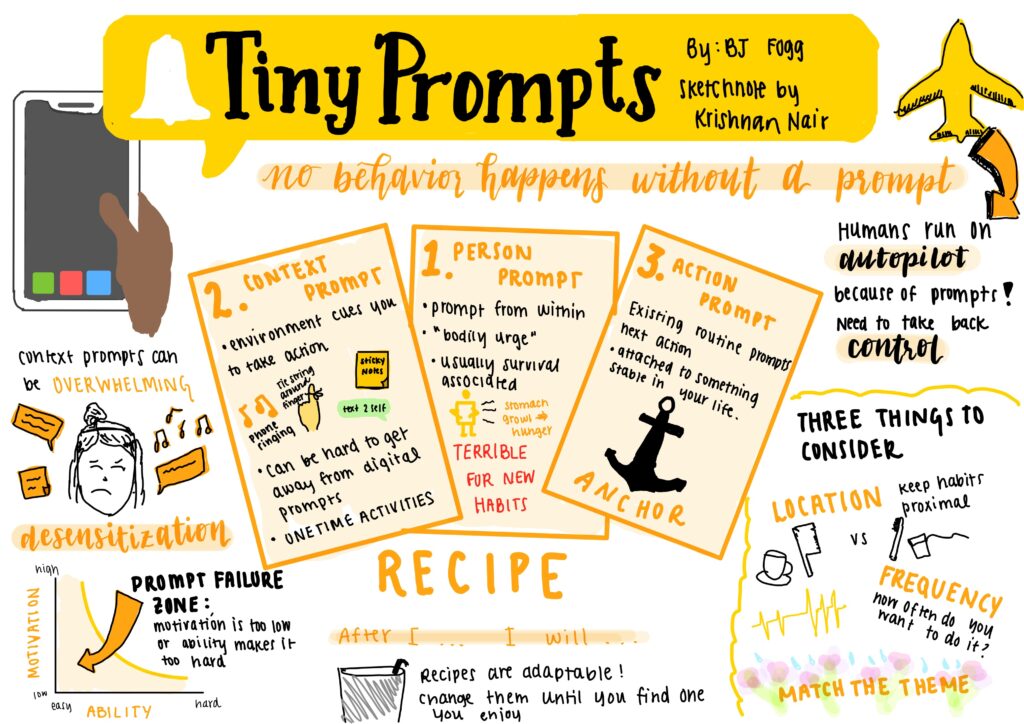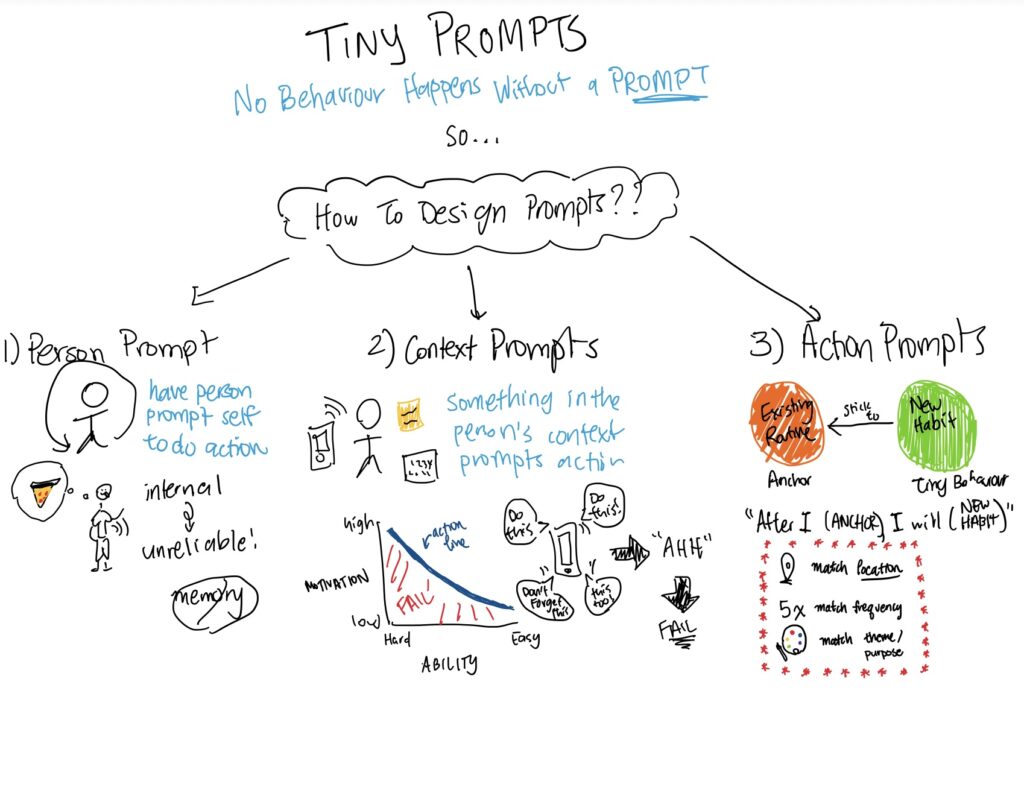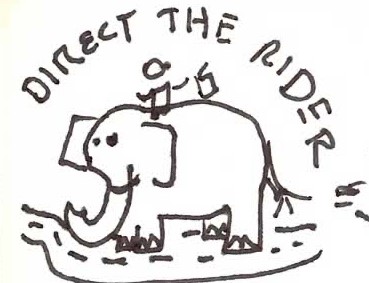I am fortunate to have experience working at both a high-growth startup and also a larger corporation where features are more isolated between different teams. The way I see a product manager’s role then is very similar to how Matt LeMay was describing the duties of a product manager in the reading for this week. It is very dependent on the environment. Ultimately, a product manager will serve as the middle-person whether this is to serve as communications between designers/leadership/engineers, or to help scope out features for future releases. In smaller startups, a product manager might have a lot of ambiguity in figuring out the direction of the product they are focussed on. In a larger company, that same product manager might have a more narrow space to operate in as senior leadership was already able to clarify their expectations for future releases.
I think then it is more clear to define, similar to what Matt did in his book in chapter 1, what the role includes and does not include in my opinion to define what the job of a product manager is. I think then the core themes are that product managers are responsible for the big picture of the product – they have a lot of responsibilities but little direction from others on what to do. In addition, product managers themselves are not the people building out the product or features. They rather are the people overseeing the smooth sailing of operations whether managers of engineers have correctly clarified what more junior or middle-level engineers should be working on and also whether the features envisioned by that product manager are landing in the next shipment of features.
I also want to bring in some of my personal experience to discuss the role of product managers. Being an individual contributor engineer, I think I always saw product managers I worked with as the ones communicating with customers and letting them know what they can or cannot expect and what the timeline for the features they want is. At the larger company I worked at, I don’t believe I synced with a product manager directly at all with most directions coming from my manager or more senior software engineers, however, at the high-growth startup, I talked with my product manager at least a few times a week.
It seemed that at the smaller startup, the product manager was in charge of keeping customers happy and also keeping engineers happy by balancing how much is on their plate for the next spring cycle. I saw instances where managers actually were fighting back against product managers for being too ambitious and product managers then had to mediate the conflict of interests which then led me to also include having strong people skills as another core part of a product manager’s role.
I am definitely really excited to learn more about what Matt has to say next lecture and I think a question that the reading has led me to ask is:
With the boundaries and statements set about what product managers are and are not, and also what profiles poor product managers may fall under, how does a product manager take these themes in combination with their company/team environment and shape their roles for success in their position? (For example, product managers at startups will have to prioritize different things than at larger companies but how do they successfully do this?)



